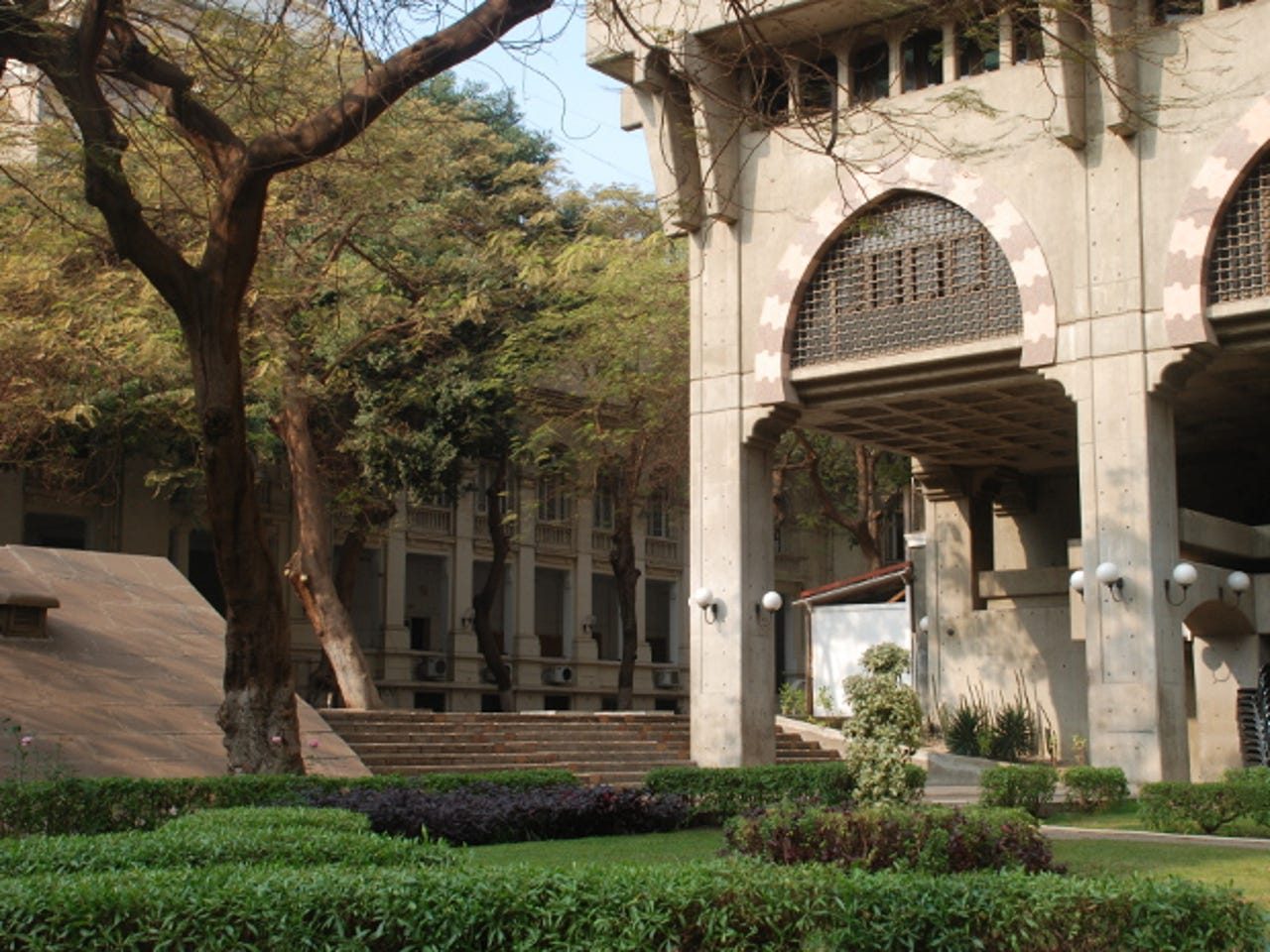Just off Tahrir Square, first companies move into Cairo's new tech park


This week will see the first tenants move into a new technology park in downtown Cairo, after The American University in Cairo leased its Greek Campus to the Tahrir Alley Technology Park for a period of 10 years.
The site, which is just off Tahrir Square, has been vacant since 2008 when much of AUC moved to a $400m, 260-acre campus in 'New Cairo' — an area to the east of the historic city.
Ahmed El Alfi, founder of Tahrir Alley Technology Park (TATP), told ZDNet that the first tenants will move in this week and the organisation is expecting "full occupancy in a year".
Bought by The American University in Cairo (AUC) from Cairo's Greek community in the 1960s, the site's five buildings will offer tenants flexible working spaces ranging from 60m2 to 1,400m2, alongside "daycare, a gym, food court, daily technical lectures" as well as social activities such as "concerts and a rock-climbing wall", Alfi said.
Describing his relationship with the campus as "love from first sight", Alfi hopes that the space will become a tech ecosystem which will play host to a mixture of existing businesses, new startups and international companies.
How Africa's new tech cities could change the continent's IT landscape
Dr Sherif Kamel, dean of the School of Business at AUC, told ZDNet that the downtown location is an "ideal space for different stakeholders to meet and exchange ideas".
Highlighting that "Egypt is not Cairo", Kamel nonetheless emphasises the potential of the Park to become a "mega-incubator" for tech companies and a model that could potentially be replicated in other parts of the country.
"This initiative is fantastic," Kamel says, "but given the size of Egypt and the growth of Egypt we need 10 or maybe 20 of them. There are so many people living 500 to 600km away from the capital who might have [ideas] many people will be interested in."
Building on existing initiatives
For Kamel's colleague Dr Ayman Ismail, an assistant professor at the AUC School of Business, high hopes for the project are borne out by the response they have seen to AUC's Entrepreneurship and Innovation Programme (EIP).
Since 2010, the initiative has seen the University work with a range of academic and industry partners across Egypt as part an effort to promote the three 'pillars' of AUC's School of Business: entrepreneurship, innovation, and leadership.
"Egyptians are traditionally very risk adverse," Kamel says, but "this is changing. You can see it. You can feel it."
According to Kamel and Ismail, initiatives such as the Greek Campus (now known as the GrEEK Campus — the 'r' is deliberately in lower case in order to play on the combination of the word 'Geek' and the historic name for the site) — are important given the role the private sector must play in driving Egypt's economic and social development.
"I would like to see a number of companies serving the primary sectors in Egypt which are in dire need of improvement," Kamel says, "be it in healthcare, education or services for the community. If we can have one or two successes for each of those sectors in the next year or two then the impact [of technological innovation] will start to be realised and there will be a snowball effect."
Can Egypt be the Middle East's tech tiger?
Home to nearly a quarter of the total population of the Middle East, Egypt's demographics mean the country is becoming a key market for technology companies. Ericsson's latest mobility report, for example, found that of six million new mobile subscriptions in the Middle East and North Africa region during the third quarter of this year, four million were in Egypt.
Initiatives such as the Tahrir Alley Technology Park also reflect the fact that with 60 percent of its 84 million citizens under the age of 25, there's a large pool of young, tech- savvy Egyptians who could — with the right opportunities — make an impact on the IT community.
Last year, US Secretary of State Hillary Clinton met a number of young Egyptian entrepreneurs being incubated by Flat6Labs, a startup accelerator created and funded by Sawari Ventures, while earlier this year the Egyptian tech startup Instabug won the top prize of $50,000 at the Arab Startup Competition run by the Massachusetts Institute of Technology (MIT) Enterprise Forum.
The Greek Campus, meanwhile, saw its debut last weekend as the location for Rise Up Egypt — a two-day event designed to showcase and celebrate successful Egyptian entrepreneurs. Alongside the usual mix of keynotes, panels, roundtables and workshops, attendees also had the opportunity to participate in PitchNRide, where entrepreneurs shared a cab with an investor.
"The entrepreneur does not know who the investor is until they get in the cab," the organisers wrote, but "they have exactly the time it takes for the cab to circle Tahrir Square to make their pitch."
Gimmicks aside, these sorts of activities and the launch of Tahrir Alley Technology Park are all helping to create a sense of momentum.
"I think Egypt has loads of ideas," Kamel says, "but those kids out there, they need a chance and they need a platform where they can fine tune their ideas and take it to the next level."